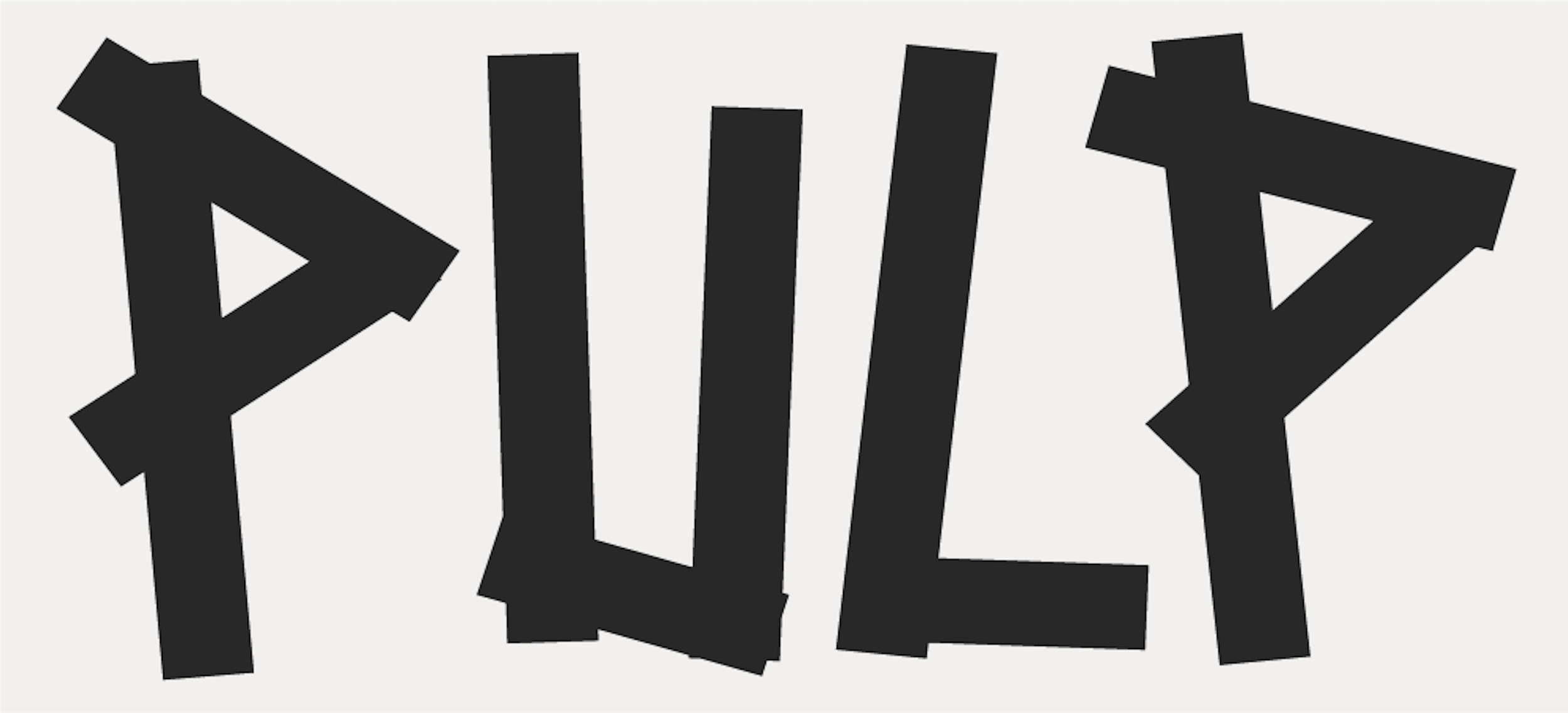The Backlash Against Abbie Chatfield from The Bachelor is Sexist Rubbish and I Will Not Stand For It
By Madeline Ward
In the latest season of the show, the producers of the Bachelor expertly crafted the character of Abbie Chatfield into some kind of villainous, rose thieving harlot. This is a plot line that the public and the media were happy to perpetuate, because why not? Every season needs a villain, and Abbie outlasted her lesser iterations (Rachel, Monique, Nichole) with finesse. Chatfield was accused of everything from lying, to being too young, being too sexy, and the most unholy of all sins: Not Being on The Bachelor for The Right Reasons.
From her heavily memed introduction to the show (“I’m a Gemini!”) to the moment she was dumped in favour of Chelsie Mcleod, Abbie has been subjected to intense and often unreasonable scrutiny. Chatfield has publicly spoken about the fact that she no longer checks her social media accounts for fear of encountering less than unsavoury comments and DMs from viewers of the show, as well as about the hit the public attention caused to her mental health in the wake of the Gemini and Dog Cunt incidents. To my memory, no bachelor villain has received this level of public scrutiny: not Keira, not even Alisha, Romy and Cat from 2018.
Bachelor villains are usually left roseless before they can properly interfere with the primary love story, which on a practical level explains the level of vitriol directed Abbie’s way. With every new girl that departed the show, the media was gifted with yet another interview in which former contestants could attest to the fact that the Bachelor was not seeing the “true nature” of Chatfield. Even after the finale, some weeks ago, Chatfield is still experiencing large volumes of online abuse: a cursory glance across her instagram account reveals rude and even abusive comments from random members of the public.
Abbie’s supposedly unsavoury true nature is not known to the audience during filming: almost every lie or questionable remark made allegedly occurs off camera. Much of her so called bad behaviour on screen- such as when she snitches on Monique for calling Matt Agnew a dog cunt, or seems to lie about her desire for marriage and children- is not actually that bad at all. Though snitches should indeed get stitches, the idea that Abbie was honour bound by some kind of bachelor girl code is absurd: the fundamental premise of the show is based on a number of women fighting for the attention of one man.
Chatfield, with her forward, overtly sexual manner, acted as a foil to the remaining blondes of season seven. Condemned for playing the game that each of the women on the show presumably understood before they signed up for it, Abbie was elegantly positioned as the villain of the season. Each episode following the dog cunt incident only served to further the narrative that Chatfield was using her feminine wiles to snatch the heart of the Bachelor away from any of the more demure candidates. Ridicule of her actions was frequent in press coverage of the show. Though Matt Agnew escaped relatively unscathed, albeit with the unenvious title of Horniest Bachelor Ever, Abbie was regularly criticised for anything from kissing to dry-humping. A 23 year old woman displaying sexual agency? The horror!
The gender dynamics of the Bachelor naturally reflect those of our broader society, where women are punished for acting outside of their patriarchally assigned roles. Personally, I found the much-gasped at admission from Abbie that she was “so horny” refreshing, though by no means revolutionary. In a show where the female stars regularly participate in scantily clad photoshoots for New Weekly, it seems a double standard to condemn them for wanting to dry-hump their shared boyfriend.
Perhaps Chatfield’s most unforgivable transgression, at least in the world of the Bachelor, was not being on the show for the “right reasons”. The implication of this accusation is that Abbie was not on the show to find love, but rather fame (and a lucrative instagram sponsorship deal). A quick investigation into Chatfield’s instagram would suggest that this is not the case: she seems to be most concerned with issues of airbrushing, editing and body positivity (a liberal, but nonetheless admirable pursuit, given the amount of teenage girls that likely make up her follower base). Even if it were- is anyone really under the illusion that the Bachelor himself applied for the show for anything other than the chance to become a hornier, more handsome Australian Neil deGrasse Tyson? And is there really anything wrong with using an appearance on a reality TV show for its intended purpose: advancing your own personal fame?
It’s interesting to consider the ways the machinations of reality TV shape our perception of the expressions of womanhood within them. In a world where most people are aware of the way such programmes are made - we’ve all seen Unreal - you’d think that there’d be more awareness of the way the plotlines and participants of the Bachelor are presented to us. Though the unfair treatment of a single white woman is by no means the most important or concerning issue with reality television, the experience of Abbie Chatfield makes for a convincing case study in the misogyny of the Australian media.
